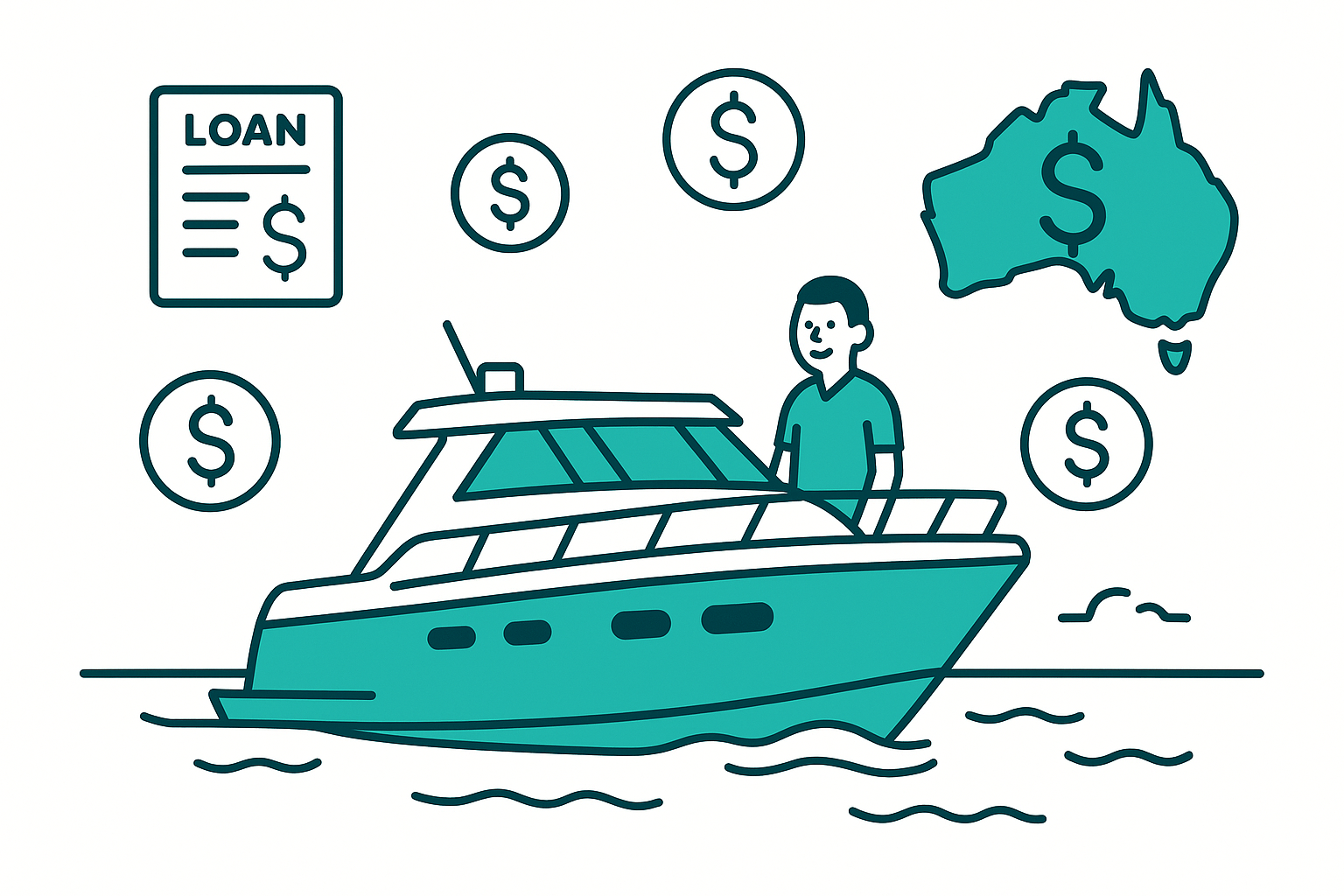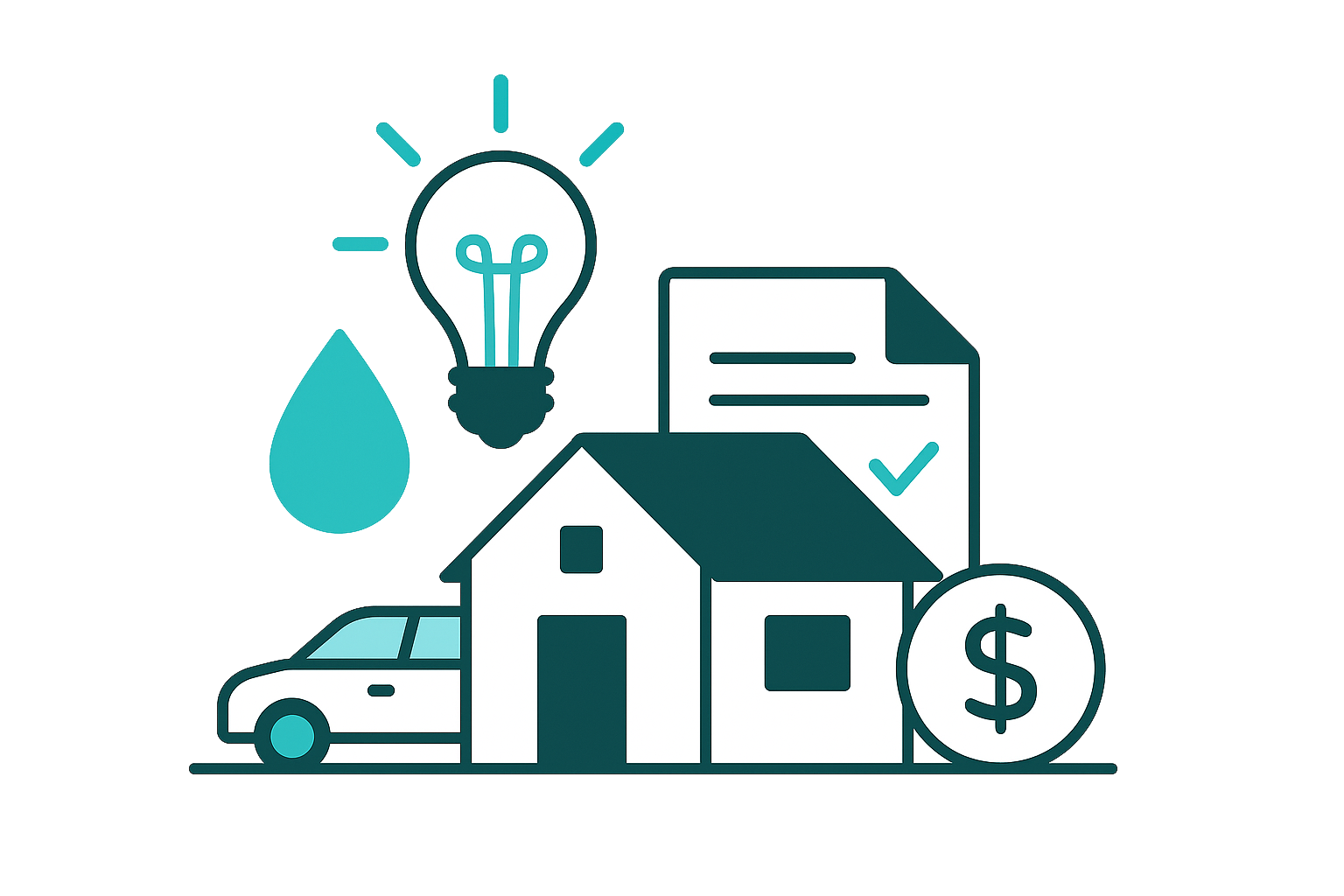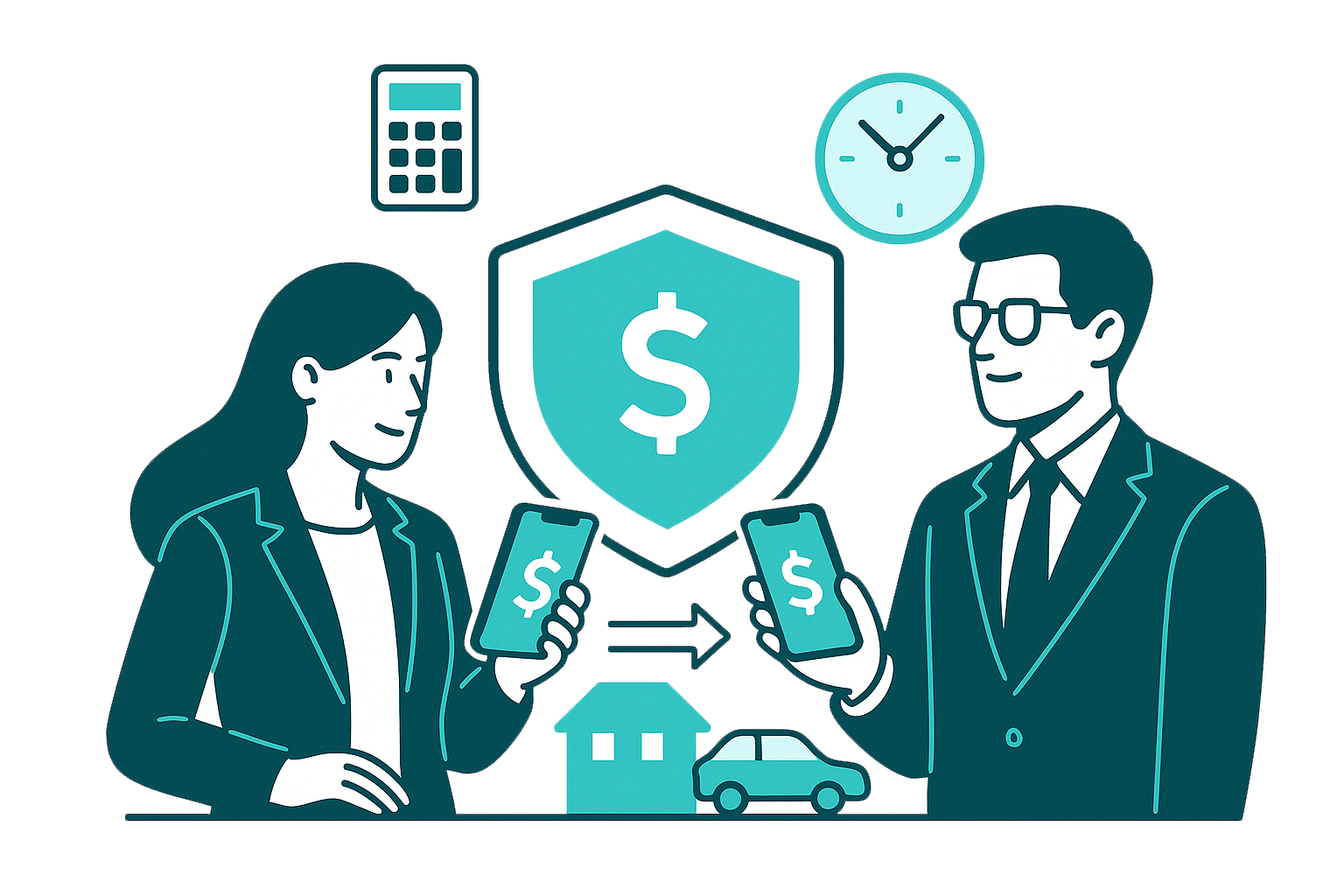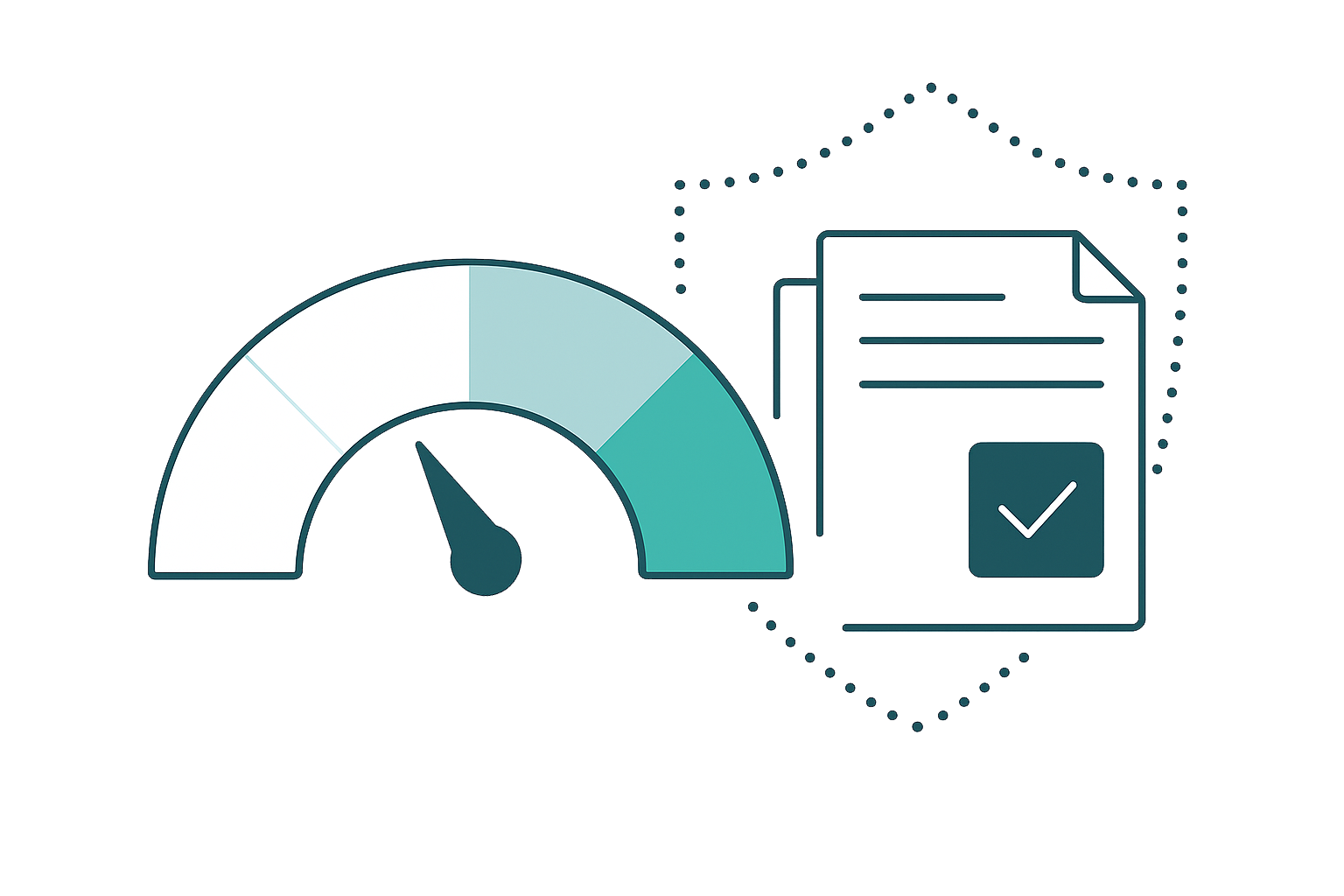A Complete Guide to Personal Loans for Boats in Australia
- Personal Finance
- 04 Mins read

Understanding Personal Loans for Boats in Australia
Thinking about buying a boat? A personal loan could be a good option if you need extra funds. Unlike a mortgage, which is tied to your home, a personal loan is usually unsecured. This means you don’t have to provide collateral like the boat itself for the loan.
In Australia, many lenders offer personal loans specifically for purchasing a boat. They typically range from around $5,000 to $100,000, with varying interest rates and repayment terms. Whether you’re a first-time buyer or an experienced boatie, understanding how these loans work is key.
Why Consider a Personal Loan for Your Boat?
A personal loan offers quick access to funds, often with less paperwork than a mortgage. It’s flexible because you can use the money for almost any purpose, including a boat. Plus, repayment terms can vary from 1 to 7 years, giving you flexibility.
Advantages include:
- Fast approval and funding
- Fixed interest rates (more predictable repayments)
- No need for security, reducing initial obligations
- Potential to improve your credit score with responsible repayment
However, these benefits come with costs. Personal loans tend to have higher interest rates than secured options like a boat loan or mortgage. It’s vital to weigh these costs against your financial situation.
Types of Personal Loans Available in Australia
Unsecured Personal Loans
Most personal loans for boats are unsecured. This means no collateral is needed. The bank or lender assesses your ability to repay based on income, expenses, and credit history. If approved, you’ll face higher interest charges but avoid risking your assets.
Secured Personal Loans
In some cases, lenders might offer secured personal loans where the boat acts as collateral. This can often lead to lower interest rates. But it involves risk—if you don’t repay, the lender could repossess your boat.
Fixed vs. Variable Rates
- Fixed-rate loans lock in your interest rate for the entire term. Your repayments stay consistent, making budgeting easier.
- Variable-rate loans can fluctuate with market rates, which might lower payments when interest rates fall but increase them if rates rise.
In my experience, a fixed rate is often better for planning, especially if you prefer predictable payments.
How to Qualify for a Personal Loan in Australia
Lenders want to see you can comfortably repay the loan. Here’s what they typically examine:
- Income: Steady and sufficient income to cover your existing expenses plus new loan repayments.
- Credit history: A good credit score suggests reliability. If you’ve had credit issues in the past, it might impact approval or rates.
- Debt-to-income ratio: Lenders prefer this to be below 40%. It compares your total debt payments to your income.
Tip: If you have a low credit score, saving for a larger deposit or improving your credit can help you get better offers.
Finding the Right Lender
Australia offers a range of options:
- Banks: Big banks like Commonwealth, ANZ, NAB, and Westpac provide personal loans with competitive rates and flexible terms.
- Credit unions: Often offer better rates and personalized service.
- Online lenders: New players, sometimes with faster approval processes and innovative products.
Key considerations:
- Compare interest rates and fees
- Check loan repayment flexibility
- Review customer feedback and lender reputation
In my ten years as a mortgage broker, I’ve seen customers benefit from shopping around and asking detailed questions before committing.
What to Consider When Borrowing
Total Cost of the Loan
Interest is only part of the cost. Look at comparison rates, which include fees and charges. A loan with a lower interest rate might have high fees, making it more expensive overall.
Repayment Flexibility
Some lenders offer extra repayment options or payment holidays. These features help manage cash flow, especially if you encounter financial surprises.
Fees and Charges
Be aware of:
- Application fees
- Monthly or annual fees
- Early repayment fees
Avoid loans with high penalties for early payoff, especially if your circumstances change.
Loan Term
Longer terms mean lower monthly payments but more interest paid over time. Shorter terms can save you money but require higher payments. Find a balance that suits your budget.
The Costs of Personal Loans: A Closer Look
Here’s a simple example:
Suppose you borrow $30,000 over 5 years at an interest rate of 10% per annum. Your monthly repayment might be around $635. Over five years, you’ll pay roughly $38,100, with about $8,100 in interest.
Tip: Use online calculators to estimate your repayments based on different loan amounts, terms, and rates.
The Impact of Compound Interest
Compound interest grows faster than simple interest. Think of it as “interest on interest.”
For example, if you borrowed $20,000 at 10% interest, compounded annually, after one year, you’d owe $22,000. The next year, interest applies to this larger amount, growing the debt sooner.
Real-world scenario: Had you borrowed $20,000 at 10%, compounded annually, and paid only the minimum, your debt would grow faster, costing you more in the long run. Understanding this encourages timely repayments.
Tips for a Successful Loan Application
- Check your credit report to correct errors.
- Save for a larger deposit to reduce borrowing and potentially get better interest rates.
- Keep your expenses low before applying.
- Gather documents like pay slips, bank statements, and proof of income.
Responsible Borrowing and Repayment Tips
- Always borrow what you need, not what you want.
- Make payments on time. Automate where possible.
- Pay extra if you can, reducing interest paid over time.
- Review your loan periodically to see if refinancing makes sense.
Alternatives to Personal Loans for Buying a Boat
- Boat finance or marine-specific loans: These might offer better rates or terms suitable for boats.
- Savings: Building a deposit reduces loan amounts and interest costs.
- Lease options: Some dealers offer leasing, which can be more flexible.
Note: In my experience, combining savings with a manageable personal loan often yields the best financial outcome.
Final Thoughts
Getting a personal loan for a boat is manageable if you understand your options and obligations. Focus on affordability, compare lenders, and plan repayments carefully.
Remember, a boat is a long-term investment—financing should support your enjoyment without risking financial stress.
Before signing any agreement, consult with financial advisors or professionals. Staying informed ensures you make the best decision for your lifestyle and finances.
Happy boating!



